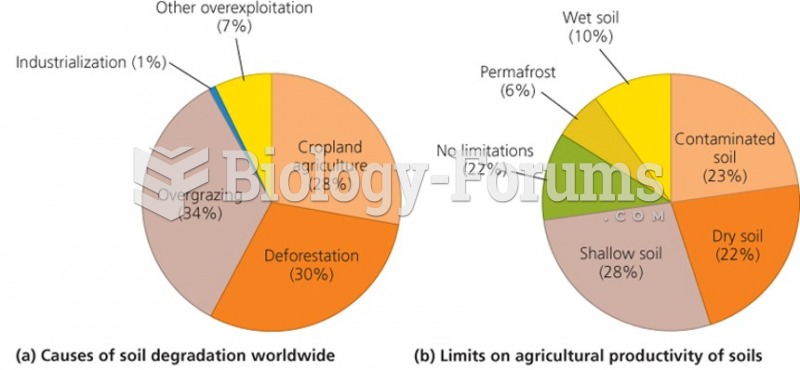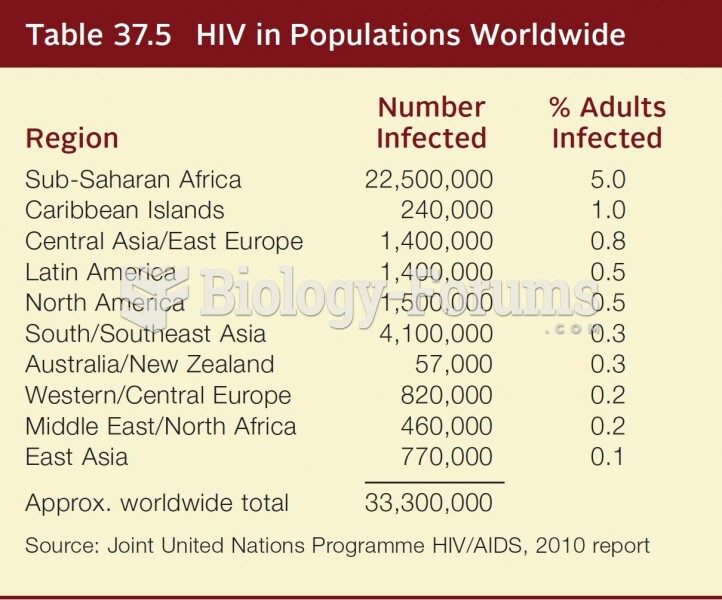Answer to Question 1
A pricing policy in which one selling price is established for all international markets is called worldwide pricing. In practice, a worldwide pricing policy is very difficult to achieve. First, production costs differ from one nation to another. Keeping production costs the same is not possible for a company that has production bases within each market it serves. As a result, selling prices often reflect these different costs of production.
Second, a company that produces in just one location (to maintain an equivalent cost of production for every product) cannot guarantee that selling prices will be the same in every target market. The cost of exporting to certain markets will likely be higher than the cost of exporting to other markets. In addition, distribution costs differ across markets. Where distribution is efficient, selling prices might well be lower than in locations where distribution systems are archaic and inefficient.
Third, the purchasing power of local buyers must be taken into account. Managers might decide to lower the sales price in a market so that buyers can afford the product and the company can gain market share.
Finally, fluctuating currency values also must be taken into account. When the value of the currency in a country where production takes place rises against a target market's currency, the product will become more expensive in the target market.
Because of the problems associated with worldwide pricing, another pricing policy is often used in international markets. A pricing policy in which a product has a different selling price in export markets than it has in the home market is called dual pricing. When a product has a higher selling price in the target market than it does in the home market (or the country where production takes place), it is called price escalation. It is commonly the result of exporting costs and currency fluctuations.
But sometimes a product's export price is lower than the price in the home market. Some companies determine that domestic market sales are to cover all product costs (such as expenses related to R&D, administration, and overhead). They then require exports to cover only the additional costs associated with exporting and selling in a target market (such as tariffs). In this sense, exports are considered a sort of bonus.
To successfully apply dual pricing in international marketing, a company must be able to keep its domestic buyers and international buyers separate. Buyers in one market might cancel orders if they discover that they are paying a higher price than are buyers in another market. If a company cannot keep its buyers separate when using dual pricing, buyers could potentially undermine the policy through arbitragebuying products where they are sold at lower prices and reselling them where they command higher prices. As is often the case, however, the higher selling price of a product in an export market often reflects the additional costs of transportation to the local market and any trade barriers of the target market, such as tariffs. For arbitrageurs to be successful, the profits they earn must be enough to outweigh these additional costs.
Answer to Question 2
C







